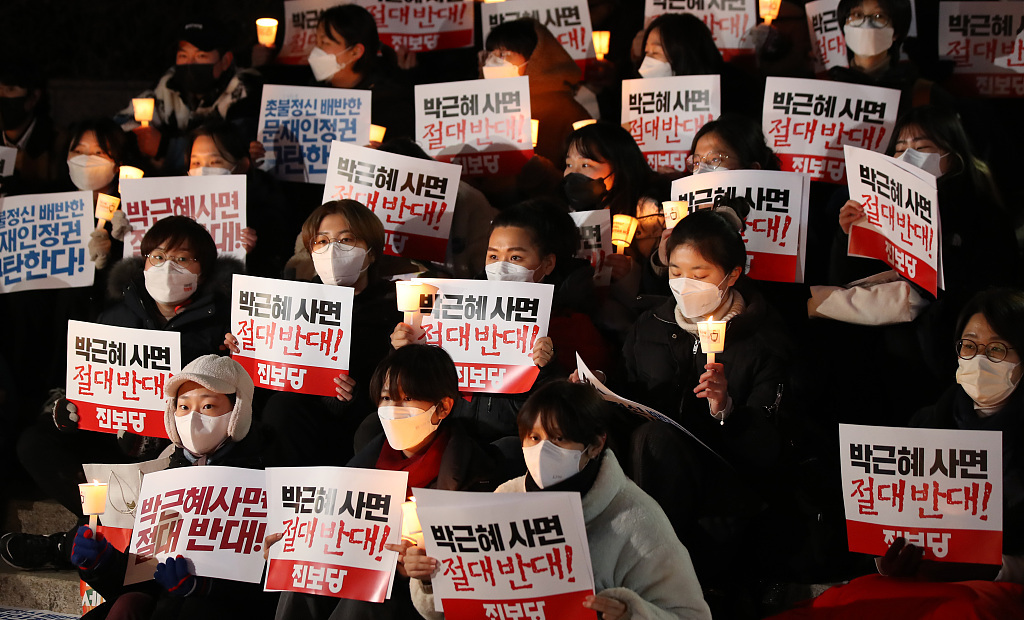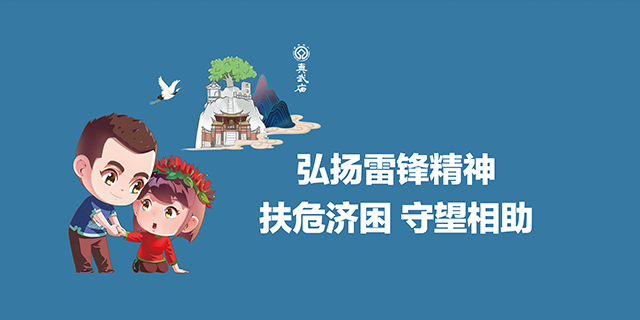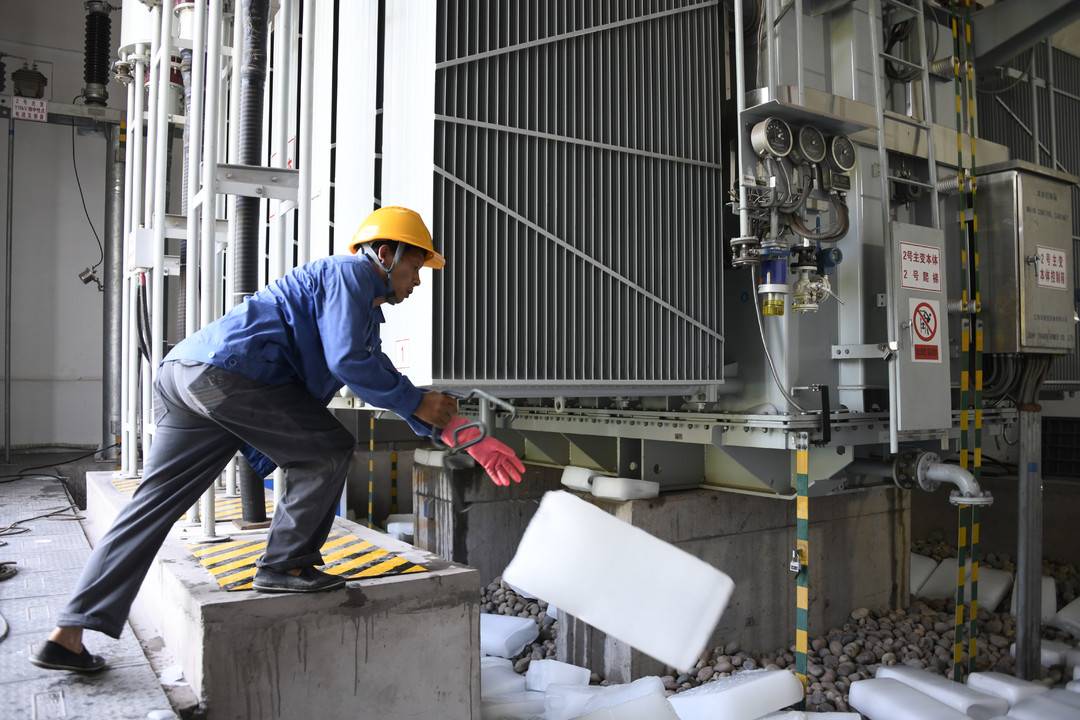Reader asked: How does the Korean government's "special forgiveness" stipulate?
Author:Global Times Time:2022.07.22
Editor: Comrade:
Recently, I saw the news of the new Korean government promoting the work of rehabilitation. Under what circumstances can "special forgiveness" be implemented? Can all criminals be amnesty? What kind of amnesty has caused controversy?
Sichuan reader Liu Xinran
According to the "Constitution" in South Korea, pardon is the inherent authority owned by the president, and it is about to be canceled or partially canceled. Article 79 of the "Constitution" in South Korea stipulates that: ① The president may order forgiveness, minimizing or restoring power in accordance with the law. ② Ordering for pardon must be consent from Congress. ③ Pardoning, mining, and repetition related matters shall be provided by the law. For this reason, South Korea has also formulated the "Pardon".
South Korea's pardon can be divided into ordinary pardon (amnesty) and special forgiveness (amnesty). Ordinary pardon is a type of crime designated by the president. For pardon for the general implementation of the corresponding criminals, it needs to be approved by Congress. Special forgiveness is a pardon for a specific prisoner who has been sentenced. After being amnesty, the execution of the punishment will be immediately canceled. The main methods are "removal of the remaining punishment period" and "punishment sentence failure". The amnesty of South Korea is mainly aimed at living crimes or criminals in the Road Traffic Law. In addition, because amnesty does not require the consent of Congress, the majority of Korean law practice accounts for the vast majority. Judging from the time of amnesty, the Spring Festival, Sanyi Festival, Light Rehabilitation, and New Year are all possible nodes. During the Wen Zaiyin government, a total of five pardons were performed: the New Year's pardon in 2018; the pardon in Sanyi and the end of 2019; the government once again pardoned 3024 people at the end of 2020; 3094 people, including Park Geun -hye and former Prime Minister Han Mingshu, obtained amnesty, reduced sentences or reinstatement.

Seoul, South Korea, has held activities against Park Geun -hye to be amnesty
Whether it is amnesty or amnesty, there are many controversy in the legal community and society in South Korea, because this pardon may undermine the stability and fairness of the law, and it may be regarded as the government's "cross -power behavior" of justice. Although South Korea had previously considered abolition or restrictions on the issue of amnesty when modifying the constitution, it has never made progress. (Liu Hai Sheng)
- END -
Celebrate the first anniversary of the success of Quanzhou's application!The central bank is about to issue World Heritage Gold and Silver Commemorative Coins

July 25, 2021,Quanzhou: The World Ocean Business Center of Song and Yuan ChinaList...
Use 300 large ice cubes to give 85 ° C high -temperature transformers to "remove fire" Sichuan Zigong to carry out the main urban area heavy load substation "heatstroke prevention and cooling" work

Zhu Xinglong Wang Luchuan Zhou Yan Cover Journalist Liu Ke ShengRecently, Sichuan ...